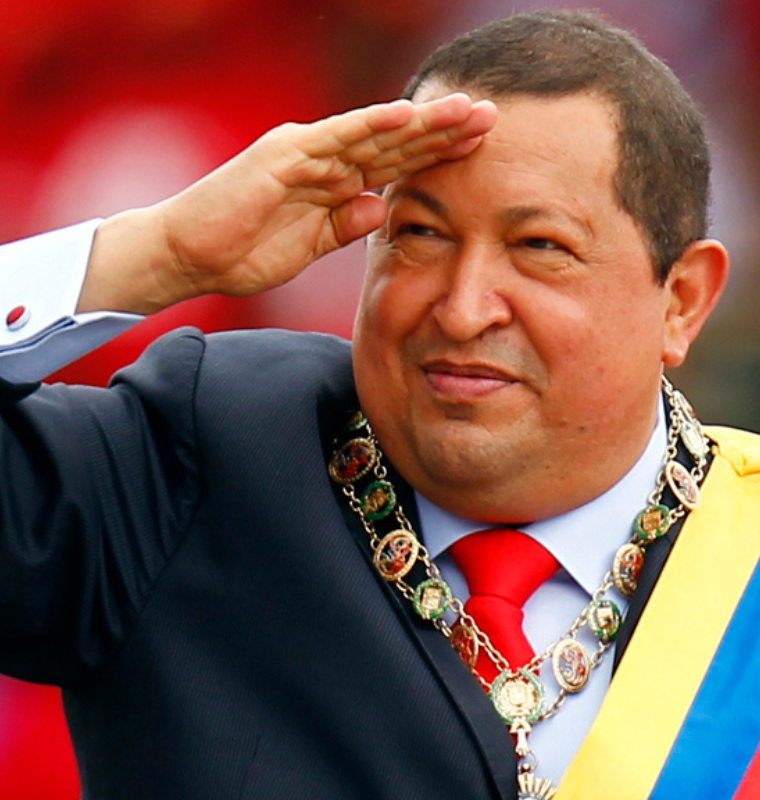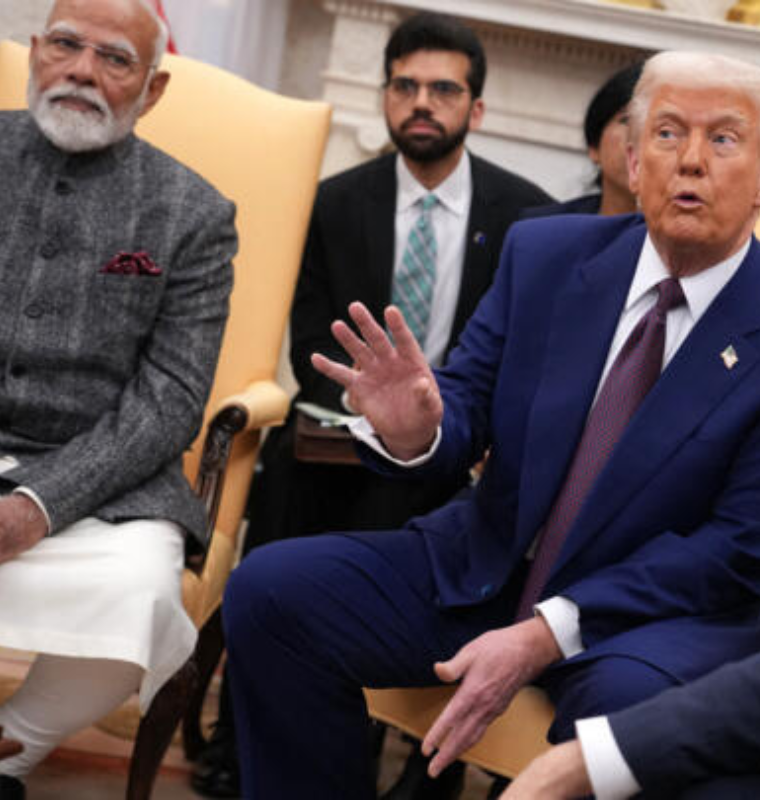U.S.-China Trade Talks Conclude Without Tariff Truce Extension; Trump to Decide Next Steps
U.S.-China Trade Talks Conclude Without Tariff Truce Extension; Trump to Decide Next Steps
By
Rachel Steinberg
Last updated:
July 30, 2025
First Published:
July 30, 2025
.webp)
Photo: Bloomberg
Overview of U.S.-China Trade Negotiations
Top trade officials from the United States and China wrapped up their third round of high-level discussions in Stockholm, Sweden, without finalizing an extension of the current tariff truce. The existing 90-day pause on most reciprocal tariffs between the world’s two largest economies is set to expire on August 12. However, any continuation of this truce hinges on President Donald Trump’s approval.
Trump Holds Final Decision Authority
Treasury Secretary Scott Bessent emphasized that President Trump retains the ultimate authority over all trade agreements, including the pending tariff extension. “He has final say on all the trade deals,” Bessent told CNBC. U.S. Trade Representative Jamieson Greer echoed this sentiment, stating the negotiating teams will report back to Washington for the president’s review.
President Trump, speaking aboard Air Force One, confirmed he would receive a briefing on Wednesday regarding the status of negotiations. “I just had a phone call from Scott Bessent. They had a very good meeting with China, and it seems they’re going to brief me tomorrow,” Trump said. “We’ll either approve it or not.”
Details from the Stockholm Talks
Chinese trade negotiator Li Chenggang expressed optimism, noting that both sides agreed to continue pushing for an extension of the tariff pause. The current truce, which began in May following earlier escalations, covers most U.S. reciprocal tariffs on Chinese goods and Beijing’s retaliatory levies.
However, Bessent warned that if an extension is not agreed upon before the August 12 deadline, U.S. tariffs would revert to the higher levels imposed in April, a phenomenon he termed “boomeranging.” These tariffs initially ranged up to 34% and were later threatened to rise to as much as 125% before the pause was implemented.
Broader Trade Context and Challenges
Trade talks continue amidst a broader backdrop of escalating tariffs and complex geopolitical tensions. Since April 2, the U.S. has imposed sweeping tariffs on Chinese goods, triggering retaliatory measures. The trade negotiations in Stockholm mark the latest attempt to manage this ongoing dispute.
Bessent offered a cautiously positive view of the progress, highlighting more “refined” positions and growing mutual respect. Still, key issues remain unresolved. For example, the U.S. expressed dissatisfaction over China’s continued oil purchases from Iran, despite Trump’s recent approval of such transactions.
Additionally, sensitive topics such as the fate of TikTok, the Chinese-owned social media app facing a potential U.S. ban unless sold, were deliberately excluded from the trade discussions to separate trade from national security concerns.
Future Outlook and Related Tariff Policies
The U.S.-China trade talks are running parallel to President Trump’s broader efforts to reshape global trade relations. Notably, tariffs paused for dozens of countries are scheduled to resume on August 1, as confirmed by Commerce Secretary Howard Lutnick.
Regarding these imminent tariff reinstatements, Bessent downplayed their immediate impact, suggesting that affected nations could continue negotiating in good faith. “I would think that it’s not the end of the world if these snapback tariffs are on for anywhere from a few days to a few weeks, as long as the countries are moving forward,” he said.
With the tariff truce extension uncertain and the August 12 deadline approaching, the global economic community is closely watching President Trump’s next move. The outcome will significantly influence U.S.-China trade dynamics, market stability, and the broader landscape of international commerce.
Popular articles
Subscribe to unlock premium content
How Cities Like Lisbon, Bali, and Dubai Are Evolving in the Age of Remote Work

How Hugo Chávez Reshaped Venezuela and Set It on a Path to Collapse

Is Global Tourism Recession-Proof or Just Resilient?

How Cities Like Lisbon, Bali, and Dubai Are Evolving in the Age of Remote Work

How Hugo Chávez Reshaped Venezuela and Set It on a Path to Collapse

How Cities Like Lisbon, Bali, and Dubai Are Evolving in the Age of Remote Work









